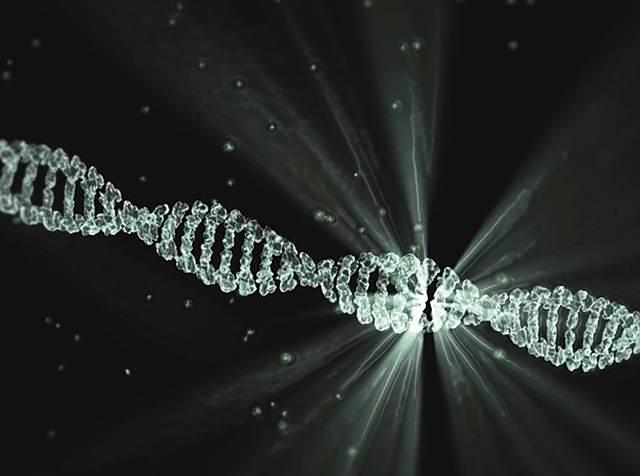
(LaCasadeGoethe, Pixabay)
31 Jan. 2020. A spin-off enterprise from a pioneering Crispr research lab is raising $45 million in venture funds to develop diagnostics and other applications. Mammoth Biosciences in South San Francisco, California is founded by Jennifer Doudna, molecular biologist and an original Crispr researcher, at University of California in Berkeley, with colleagues from her lab.
Crispr, short for clustered regularly interspaced short palindromic repeats, is a technique for editing genomes based on bacterial defense mechanisms that use RNA to identify and monitor precise locations in DNA. The actual editing of genomes with Crispr uses enzymes directed by RNA to the genes in question.
In early Crispr research, Doudna and others used an enzyme called Cas9 to edit genes in the lab, which carried over to many early applications. While Cas9 helped prove the Crispr gene-editing concept, later applications in medicine and industry revealed a need for a more precise editing enzyme that could cut genes at exact locations with no unintended, off-target edits as can happen with Cas9.
In November 2018, researchers Lucas Harrington, Janice Chen, and others from the Doudna lab published in the journal Science, their research on a more compact editing enzyme called Cas14. This enzyme derived from single-cell organisms is about half the size of earlier enzymes, and edits genes in single DNA strands without the off-target cuts. The Berkeley team found as well that the more precise enzyme could be adapted to detect and identify signals emitted from DNA strands, in a tool they call Cas14-Detectr.
While that research was underway, Doudna, Harrington, Chen, and geneticist Trevor Martin founded Mammoth Biosciences in May 2017 to take its technology to market, with an exclusive license from UC-Berkeley for Crispr-Cas14 and similar enzymes. Mammoth’s lead product is Detectr, developed from the lab’s research that programs Crispr-Cas14 to search for specific gene sequences in a specimen sample. If Crispr finds the target gene location, Cas14 cuts the DNA and reads signals from the edited strand to confirm the genetic sequence as a biomarker.
Mammoth is also taking advantage of Crispr-Cas14’s compact size and precise targeting for other applications. The company is partnering with Horizon Discovery in Cambridge, U.K. on advancing Crispr tools for editing standard research cell lines for specialized protein expressions. Mammoth also plans to extend the technology into therapeutics, although the company has not yet identified specific disease areas.
The new $45 million financing is Mammoth Biosicences’ second venture round led by life sciences investor Decheng Capital in Shanghai, China. Taking part in the funding are Mayfield, NFX, Verily, Brook Byers, Plum Alley, Pacific 8, aMoon, and others. According to Crunchbase, Mammoth raised $23 million in its first venture round in July 2018, with Mayfield and NFX taking part.
The company operates from Verily’s Partner Space labs in South San Francisco, an incubator for new life science companies. Verily is a health care and life science technology company, part of the Alphabet/Google conglomerate.
“As a team on the front lines of discovery in CRISPR, we’ve seen first-hand the need for new tools to deliver on the therapeutic and diagnostic promise that this technology has to offer,” says Martin, Mammoth’s CEO in a company statement released through WebWire. Co-founders Chen and Harrington are respectively chief technology officer and chief scientist, while Doudna chairs the company’s scientific advisory board.
More from Science & Enterprise:
- New Company Developing Cell-Based Milk
- Trial Underway Testing Crispr-Based Antibiotic
- Tomato Genetics Altered for Urban Farms
- Broad Inst, Biotech Partner on Immune-Safe Crispr
- First Blood Disorder Crispr Treatments Reported
* * *

 RSS - Posts
RSS - Posts
You must be logged in to post a comment.